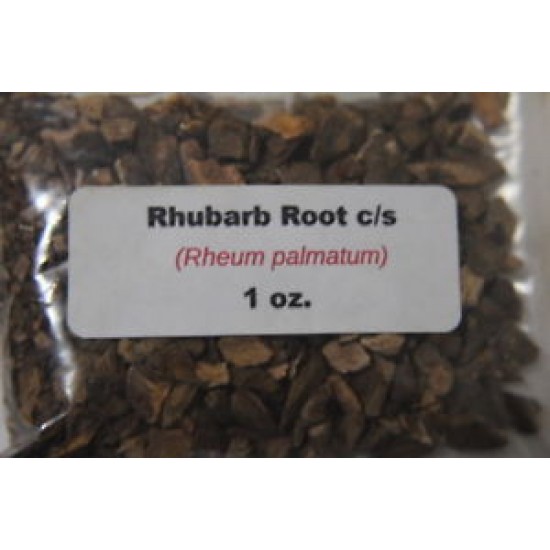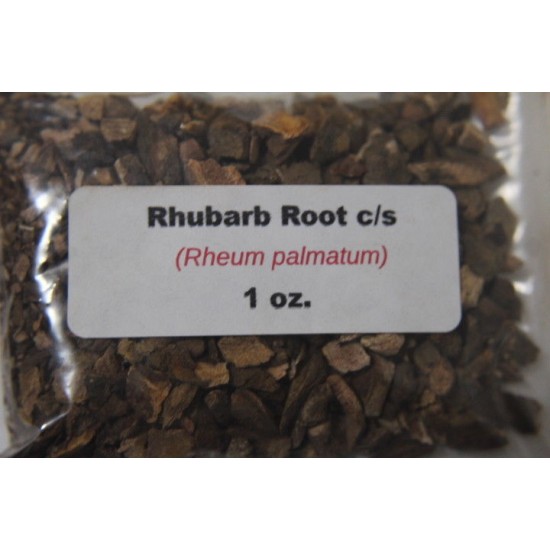Rhubarb Root have laxative properties, helping to promote regular bowel movements and alleviate constipation


-550x550w.jpg)
-550x550w.jpg)


-80x80w.jpg)
-80x80w.jpg)
- Stock: 998
- Model: 223319004044
- SKU: 223319004044
Available Options
Rhubarb root, also known as Rheum palmatum, is a perennial herbaceous plant native to China and has been used in traditional Chinese medicine for its potential medicinal properties. Here are some potential benefits of Rhubarb root:
Rhubarb root (Rheum palmatum, Chinese rhubarb, Turkish rhubarb, Indian rhubarb, Russian rhubarb, R. tanguticum and R. of icinale - da-huang) has antioxidant, heavy-metal chelation, anticancer, and antibacterial properties. Rhubarb root is used regulate the digestive tract to treat digestive issues that include diarrhea, constipation, stomach pain, and acid reflux. Rhubarb root softens stool to ease bowel movements and reduces pain from hemorrhoids and tears of the lining of the anus. Rhubarb root is used to treat kidney stones and kidney disease, to chelate heavy metals, to remove acids and mucus, and to intracellularly cleanse cells. Rhubarb is used primarily for digestive complaints including, diarrhea, heartburn, stomach pain, gastrointestinal (GI) bleeding, and preparation for certain GI diagnostic procedures. Some people use rhubarb so they have to strain less during bowel movements; this reduces pain from hemorrhoids or tears in the skin lining the anal canal (anal fissures). Rhubarb is sometimes applied to the skin to treat cold sores. In food, rhubarb stems are eaten in pie and other recipes. Rhubarb is also used as a flavoring agent. |












